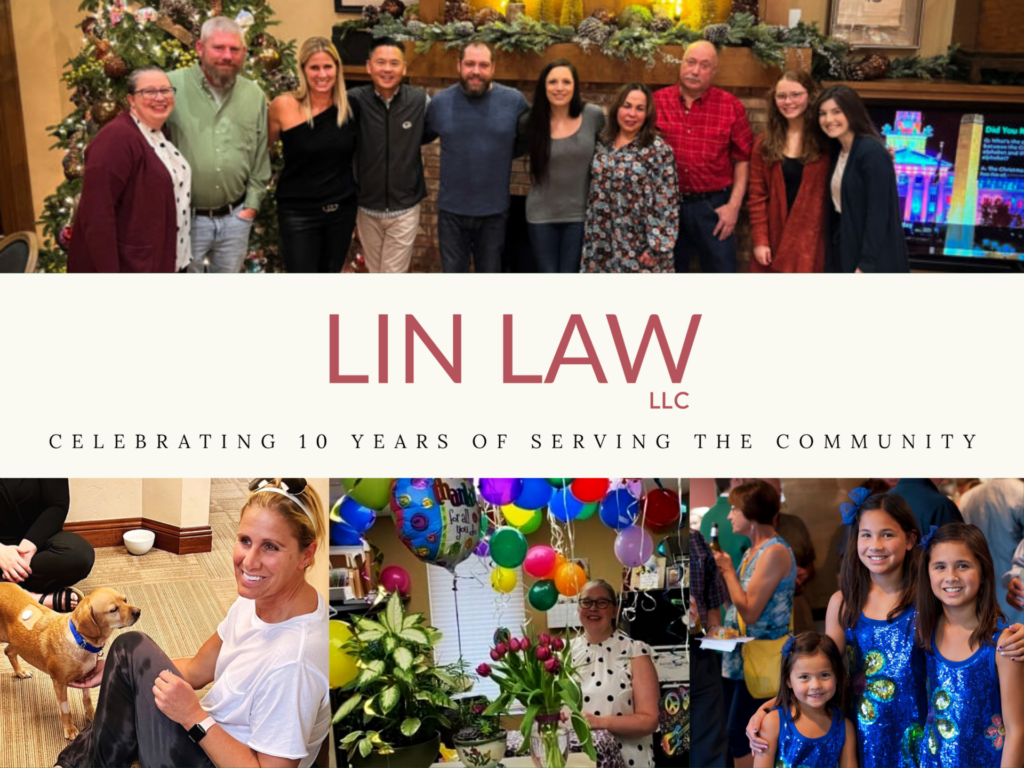by Attorney Curtis A. Edwards, J.D.
An Irrevocable Trust is a type of trust that cannot be modified, amended, or terminated once established, notwithstanding few limited exceptions. Like other types of trusts, an Irrevocable Trust has a grantor, a trustee, and a beneficiary. However, unlike a revocable trust, once the grantor places his or her assets in an Irrevocable Trust, that gift cannot be undone or revoked.
When a grantor establishes an Irrevocable Trust, they layout the terms of the trust, including who the beneficiary or beneficiaries will be, what the assets of the trust may be used for, and when and how those assets will be distributed. The terms of the trust become more or less permanent and cannot be changed once established.
The assets placed in the trust become the property of the trust and must be managed by a third-party trustee. The grantor cannot be the trustee of an Irrevocable Trust. In a nutshell, the grantor no longer has ownership or control of the assets once placed in an Irrevocable Trust. This termination of ownership and control is by design, of which creates certain benefits unique to an Irrevocable Trust.
As with other types of trusts, one of the primary benefits of an Irrevocable Trust is the ability to avoid probate. Upon the passing of the grantor, any assets that were placed in the Irrevocable Trust will not have to go through the public and court supervised probate process. Instead, the assets will be distributed by the trustee in accordance with the terms of the Irrevocable Trust, as originally established by the grantor.
Unlike a revocable trust, an Irrevocable Trust can shield assets from creditors. Because the grantor no longer has ownership or control over the assets, the assets placed in trust cannot be used to satisfy any legal obligations or court judgements, such as those that may arise out of litigation or divorce.
Another benefit associated with an Irrevocable Trust, is that it may allow the grantor or beneficiary to have or maintain access to publicly funded government benefits such as Medicaid or Supplemental Security Income (SSI) benefits. These types of programs have very low income and asset eligibility thresholds for recipients. Therefore, giving up ownership and control over certain assets by placing them in an Irrevocable Trust is a common way to obtain eligibility and ensure assets are not otherwise depleted.
An Irrevocable Trust can be a tool to achieve very specific estate planning goals. However, due to their permanence, their use requires a thorough understanding and accounting of the pros and cons of their implementation. For this reason, it is important that you consult with an attorney to find out if an Irrevocable Trust is right for you.
If you have any questions or are interested in learning more about this topic, please contact Lin Law LLC at (920) 393-1190.










